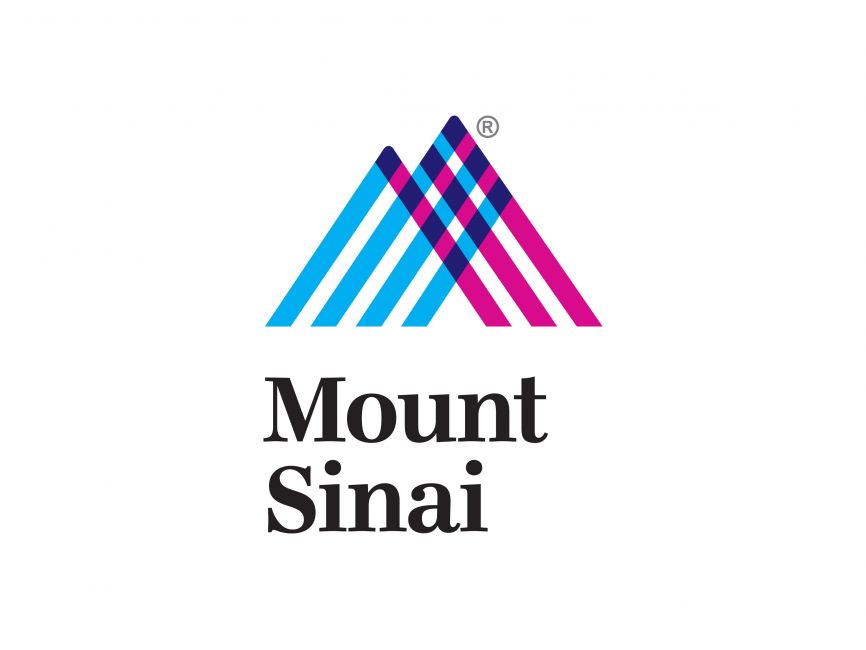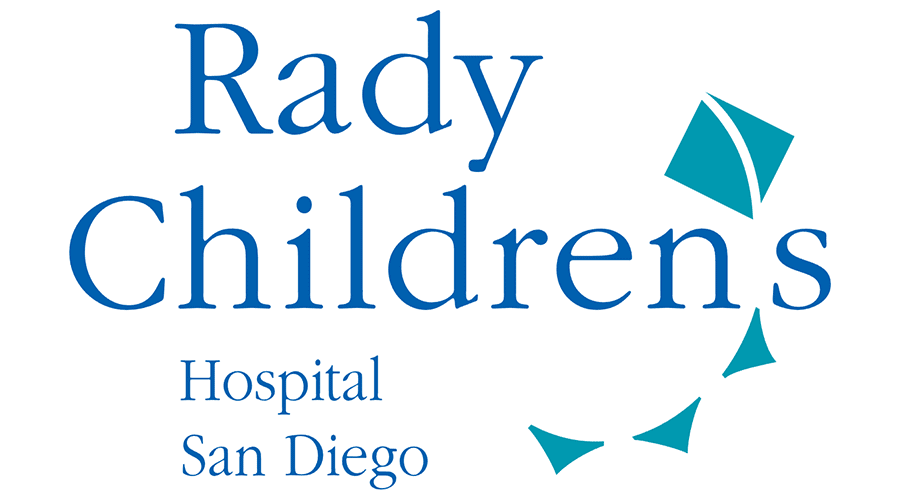Product: CLiX unlock
Client: Joint Clinical Research Facility, Abertawe Bro Morgannwg University (ABMU) Health Board, Wales UK
Market: Clinical trial patient recruitment
THE BACKGROUND
Eligible patients for clinical trials are truly needles in a very large haystack. According to a 2014 Industry Standard Research (ISR) survey, 72% of patients are enrolled directly from the site's own patients, with only 28% being driven in from external sources (e.g. advertising campaigns, social media). Therefore, given that so many studies still fail to recruit as per plans, it makes sense to provide additional support to sites to help in the critical pre-screening process of identifying suitable patients. The ISR survey showed that in 2013, only 13% of sites felt that electronic medical records (EMRs) had greatly increased that ability.
CLiX unlock’s clinical natural language processing (CNLP) software allows access to volumes of existing unstructured, untapped clinical narrative. Constituting around 80% of all patient information, the data is locked inside EMRs and data warehouses, limiting its use in pre-screening for trials. Easily interpreting the content of thousands of records per hour against highly specific and complex clinical trial inclusion and exclusion criteria, the CLiX engine is so much more than a simple word search system. Developed by physicians, it understands the complexity and nuances of clinical language: diseases, procedures, medications, medical acronyms, synonyms, abbreviations and clinical contexts are all recognised.
THE OPPORTUNITY
An evaluation was conducted by the Joint Clinical Research Facility (JCRF), part of Abertawe Bro Morgannwg University (ABMU) Health Board in collaboration with Swansea University. Automated pre-screening using CLiX unlock, installed on one of Swansea University’s innovative National Research Data Appliances, was compared to current best practice in a currently enrolling multi-national, double blind, randomized, controlled clinical trial investigation of a medicinal product.
The trial protocol specified that eligible patients must have type 2 diabetes mellitus and were required to have other specific concomitant disease. Strict inclusion and exclusion criteria for other conditions and permitted medications were also specified by the protocol.
With recruitment having slowed to a standstill using current manual methods, CLiX unlock was used to provide a prioritised list of patients who were highly eligible for recruitment for the study.
THE TECHNOLOGY
In the current manual process, investigators at the JCRF had identified their study cohort by reviewing lists of patients who had undergone specific procedures. They then had to laboriously assess eligibility against all the trial criteria in the patients’ medical records. Over a seven and one-half month period this method had identified only 110 suitable patients in pre-screening, of whom only five had been enrolled.
Based on its potential to automate pre-screening, JCRF made the decision to use CLiX unlock to find eligible patients they missed during manual review. A population of 124,504 patients was identified using age as the sole structured data criterion defining a large subset of patients likely to contain eligible individuals. Narrative clinical data in the form of clinic letters and discharge summaries was extracted for this population amounting to 412,460 documents. CLiX accelerate was configured to look for matches against 17 trial protocol inclusion and exclusion criteria. A CLiX insight list of 541 patients was presented in ranked tiers from meeting all the criteria to meeting most of the criteria.
Production of the list took two weeks of expended effort equivalent to 11 man days. The JCRF investigators reviewed the first tier and identified 75 highly eligible patients to contact by invitation letter. Of those contacted, four were enrolled during the two-week period. This was just before the study closed for recruitment. This represents almost double the number of patients enrolled in a fraction of the original recruitment phase at over 10 times the enrolment rate compared to the manual process.
From a financial standpoint, these patients represent an 80% increase in payment from the trial sponsor made to JCRF based on recruitment fees alone.
2X the number of patients enrolled at over 10x the enrolment rate
Kathie Wareham, Investigator, ABMU
Manual review phase:
- Days elapsed - 225
- Qualifying patients found - 110
- Patients enrolled - 5
CLiX unlock processing:
- Days elapsed - 28
- Documents processed - 412,460
- Inclusion & exclusion criteria - 17
- Qualifying patients found - 541
- Highly eligible candidates – 75
- Patients enrolled - 4
SUMMARY
By directing the investigators towards relevant patients in the CLiX insight list, enrolment numbers can be significantly increased in a markedly shorter timeline. CLiX unlock represents a breakthrough in recruitment efficiency where sponsors and research centres can achieve enrolment targets not only in time, but ahead of schedule with much less manual effort compared to common practice.
“Reducing the timeframe significantly is important, as time to recruit first patient is a major performance metric.”
Kathie Wareham, Investigator, ABMU

